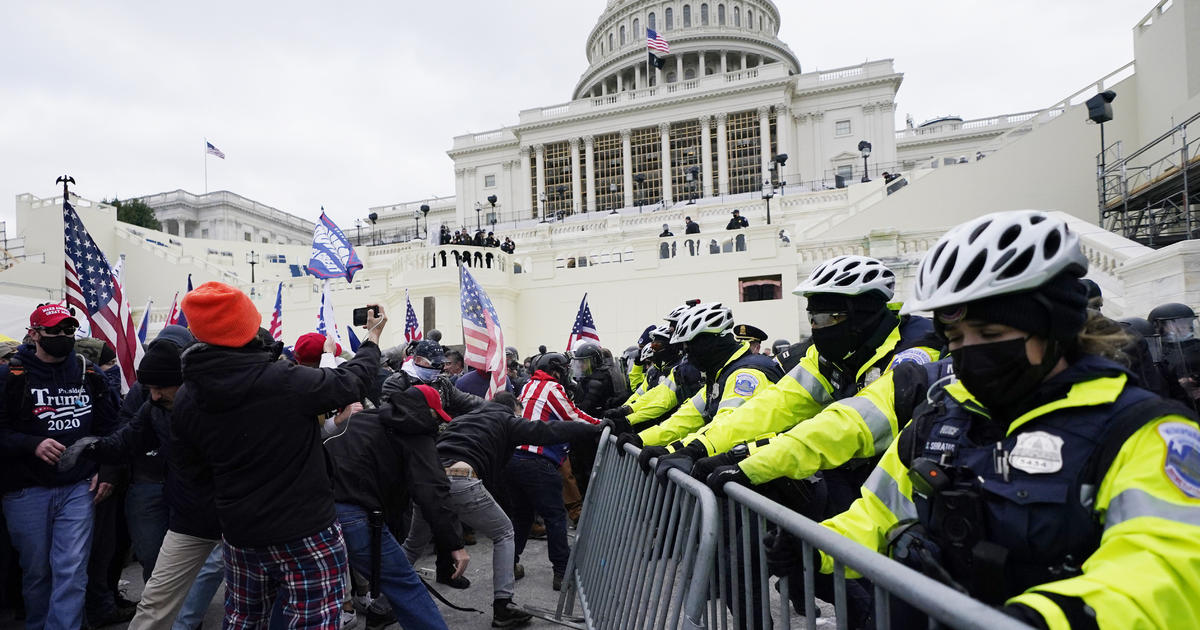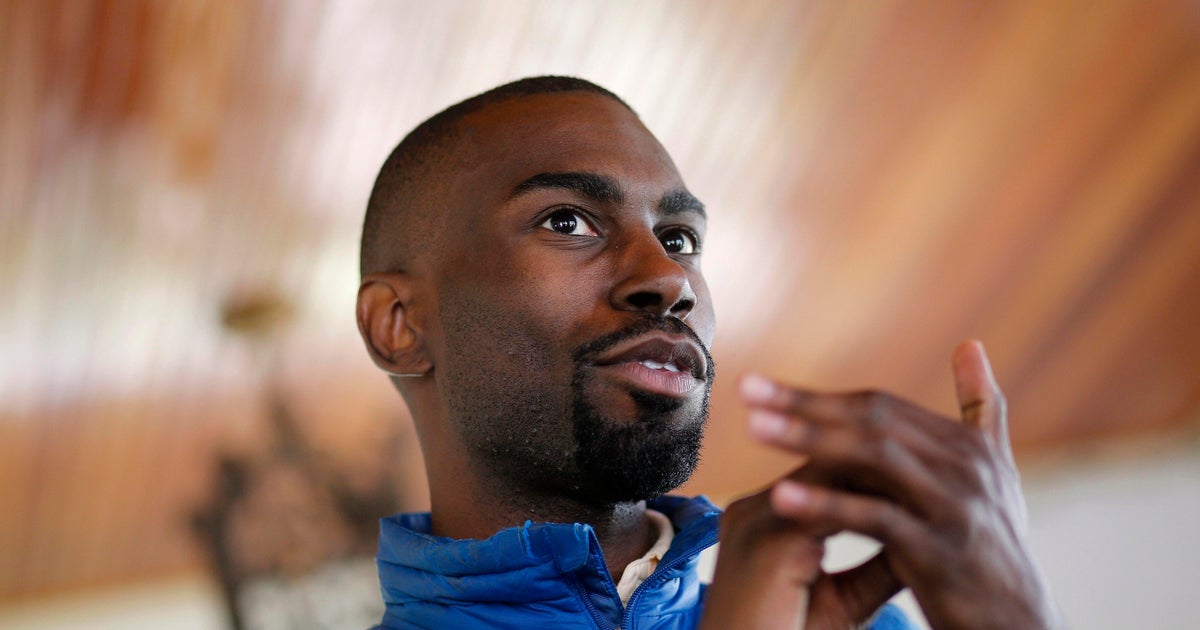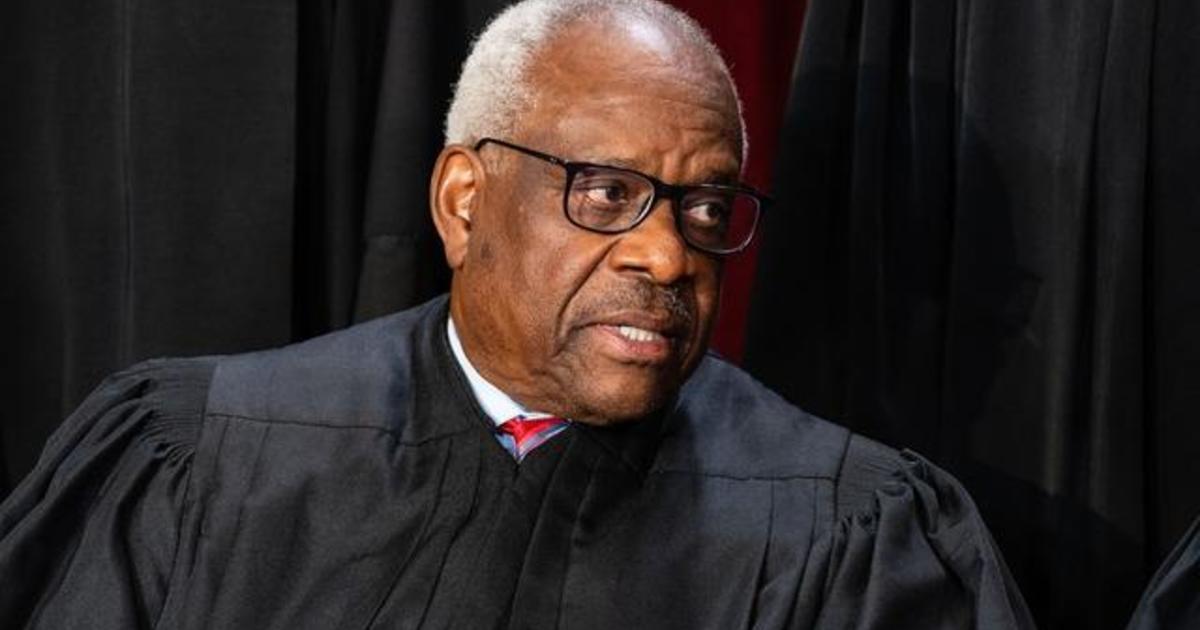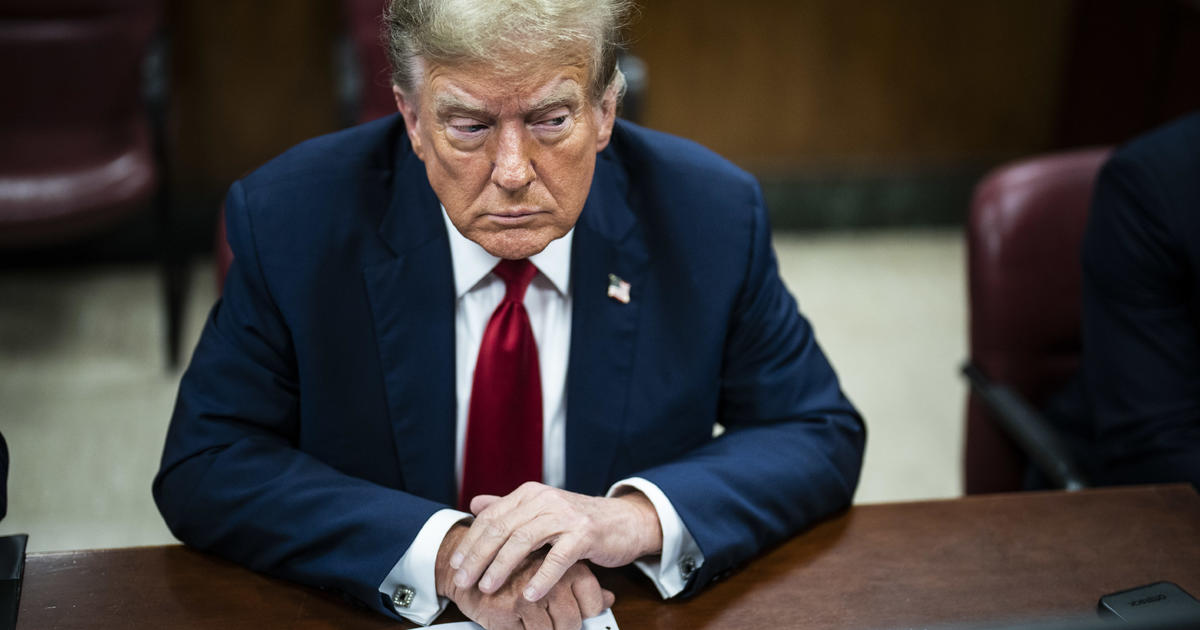5 ways Trump's Supreme Court pick may influence business
President Donald Trump’s pick to join the U.S. Supreme Court is likely to hearten businesses and investors.
Judge Neil Gorsuch, 49, is described as “Scalia 2.0” by FBR & Co. analyst Chris Meekins, who said the Harvard Law School graduate takes a similar view as the late Supreme Court justice Antonin Scalia in applying an “originalist” legal framework to interpret the Constitution. Gorsuch, who has served on the Tenth Circuit Court of Appeals in Denver since 2006, is also viewed favorably by proponents of government deregulation.
The judge would fill the seat left vacant on the nine-person Supreme Court by Justice Antonin Scalia’s unexpected death last February. Yet it’s not likely to be a quick path to confirmation, given that Republican lawmakers snubbed the Obama Administration’s choice of moderate Merrick Garland. With Mr. Trump now making his pick, Democrats are likely to return the favor by slowing down the nomination process. It’s unlikely that Gorsuch would hear cases until October, Meekins said.
“This is going to be a long fight, and there will be a lot of uncertainty,” Meekins said. “One thing investors don’t appreciate is how much focus a Supreme Court nomination will consume in Washington, D.C. Other things could get delayed.”
As a result, long-awaited reforms such as the tax overhaul pledged by Mr. Trump could get pushed later into 2017. Progress on Mr. Trump’s promise to repeal the Affordable Care Act may also be slowed as lawmakers battle over the Supreme Court nominee.
Once the justice is sworn in, there are three spheres of business where he is likely to play an important role in shaping the court’s legal decisions: finance, health care and energy, according to an analysis from Meekins and his colleagues at FBR.
Below are five issues that could be influenced by the newest Supreme Court justice.
The Clean Power Plan. President Obama’s Clean Power Plan could end up in the Supreme Court’s docket later this year. The regulation is aimed at reducing carbon pollution from power plants with the goal of limiting the impact of climate change. At the moment, the D.C. Circuit Court is reviewing a legal challenge to the CPP. The case could come up before the Supreme Court later this year.
“Whatever the outcome, uncertainty is likely to persist for coal-fired generation well into 2017,” FBR analysts said in a research note.
The Consumer Finance Protection Bureau. The brainchild of Senator Elizabeth Warren, D-Massachusetts, the Consumer Finance Protection Bureau is facing a legal challenge over its independence. The U.S. Court of Appeals for the D.C. Circuit ruled last month that the agency’s structure is unconstitutional, with one judge writing that its director has “more unilateral authority than any other officer in any of the three branches of the U.S. government, other than the president.”
The CFPB has appealed the decision, and the case could come up before the Supreme Court.
Bathroom bills. The case Gloucester County School Board v. G.G focuses on a Virginia school board that adopted what opponents say is a discriminatory bathroom policy toward transgender students. A Supreme Court decision could provide guidance on other challenges to so-called bathroom bills, which have prompted business boycotts in states such as North Carolina.
Trademarks and free speech. The case Lee v. Tam has implications for whether the 1946 Lanham Trademark Act violates the First Amendment’s free speech guarantee. The case involves an Asian-American rock band called “The Slants,” which was denied a trademark application by the U.S. Patent and Trademark Office. The patent office cited the Lanham Act, which bars trademarks that might disparage people, beliefs, institutions or national symbols.
“The disparagement clause places an economic penalty on brands that choose to express a certain message -- the definition of an unconstitutional condition,” the libertarian Cato Institute wrote in December.
Patent trolls. The Supreme Court has a few patent issues on the docket, but one to watch for is TC Heartland LLC v. Kraft Foods Group Brands LLC. Added to the docket in December, the case will answer whether patent trolls -- which are companies that buy patents before they expire and then use them in litigation -- can bring lawsuits in any federal court district or if they must bring them where the defendants are doing business.



